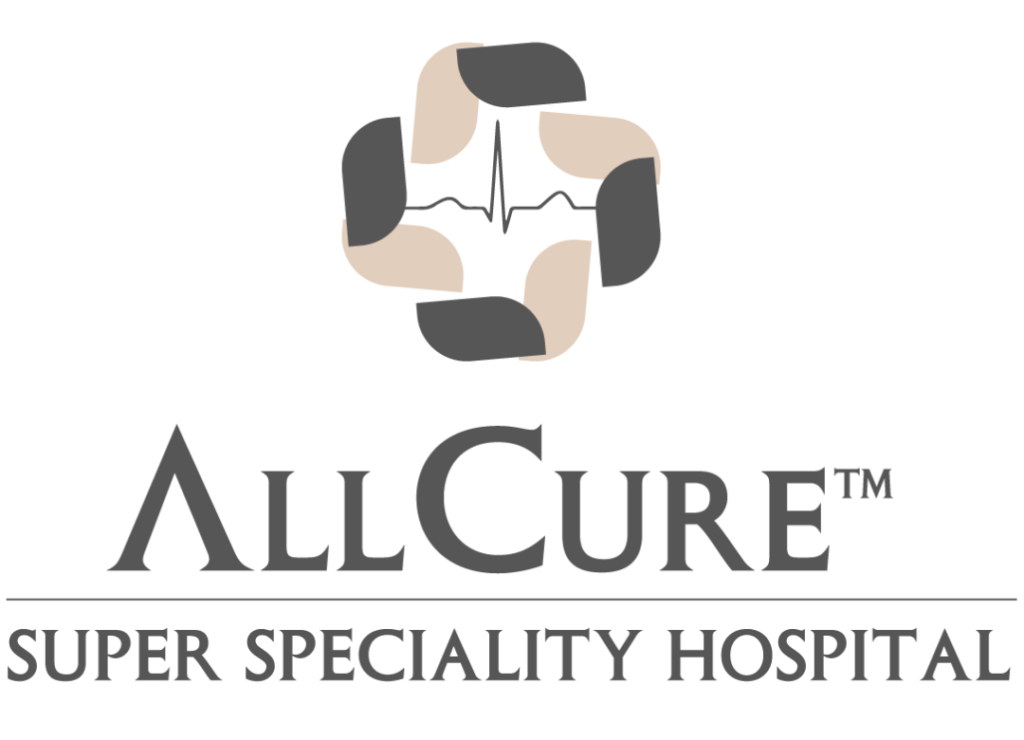Kidney transplantation is a crucial surgical procedure aimed at replacing a failing kidney with a healthy one from a donor. This treatment is typically recommended for patients whose kidneys have ceased to function adequately—often due to end-stage renal disease. When exploring treatment options, finding the best kidney transplant hospitals is essential for ensuring successful outcomes and comprehensive post-operative care.
What Happens During a Kidney Transplant
A kidney transplant is a complex operation that requires careful coordination and advanced surgical technique. The procedure involves placing a healthy kidney from a donor into the recipient’s body and connecting it to the bloodstream and urinary system. A kidney transplant involves several critical steps:
- Preparation: The recipient is prepared for surgery, including general anaesthesia.
- Incision: A surgical incision is made in the lower abdomen to place the donor kidney.
- Connection of Blood Vessels: The donor kidney’s artery and vein are connected to the recipient’s blood vessels to restore blood flow to the kidney.
- Ureter Attachment: The ureter from the donor kidney is connected to the recipient’s bladder to allow urine to pass.
The Reasons Why Kidney Transplant is Needed
Kidney transplants are not only life-enhancing but often life-saving. They are typically necessary when a person’s kidneys can no longer handle their body’s needs, often due to chronic or acute conditions that impair kidney function. Kidney transplants are typically required due to:
- Chronic Kidney Disease: Gradual loss of kidney function over time due to conditions such as diabetes or hypertension.
- Acute Kidney Injury: Sudden kidney failure due to an injury or other acute illness.
- Quality of Life Improvement: When dialysis, the alternative treatment, restricts normal activities due to rigorous schedules and physical toll.
The Benefits of Kidney Transplantation
Undergoing a kidney transplant can improve the recipient’s quality of life and overall health. The benefits extend beyond just physical health, providing recipients with more freedom and reducing the long-term health and financial burdens associated with alternative treatments like dialysis. The benefits of kidney transplantation include:
- Improved Survival Rates: Patients generally have a longer life expectancy post-transplant compared to remaining on dialysis.
- Enhanced Quality of Life: Patients often experience better overall well-being with fewer dietary and fluid intake restrictions.
- Cost Effectiveness: Over time, transplantation is less costly than ongoing dialysis treatment.
The Challenges and Risks After Kidney Transplantation
Despite its benefits, kidney transplantation carries several potential challenges and risks. From the risk of organ rejection to the side effects of necessary medications, the post-transplant journey requires careful management. The risks after kidney transplantation include:
- Organ Rejection: The immune system may recognize the new kidney as a foreign object and attack it.
- Infections: Due to immunosuppressive medication required to prevent rejection, patients are more susceptible to infections.
- Medication Side Effects: Long-term use of immunosuppressants can lead to additional health issues, such as bone thinning and increased cancer risk.
In conclusion, kidney transplantation is a life-altering procedure that offers patients with end-stage renal disease a chance for an extended and more fulfilling life. Choosing one of the best kidney transplant hospitals is necessary to achieve optimal outcomes. Although the procedure includes inherent challenges and risks after kidney transplantation, the potential benefits of kidney transplantation can significantly enhance patient life quality and longevity. It is crucial for patients and their families to discuss all available options with healthcare professionals to make well-informed decisions.
